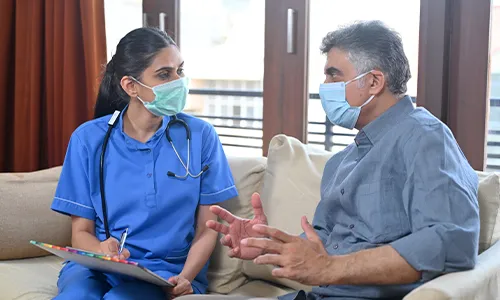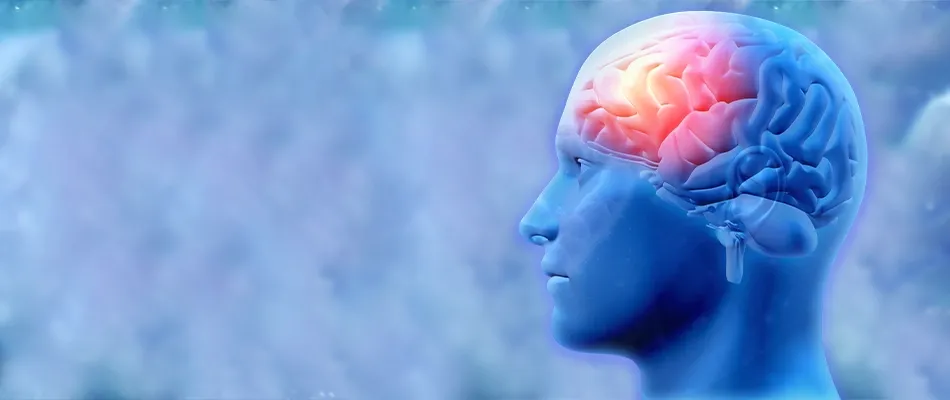- Chemotherapy
- Immunotherapy
- Targeted Therapy
- Palliative Care
- Day Care Centre
- Paxman Scalp Cooling
- Bone Marrow Evaluation
- Lymphapress
- Genetic Counselling
- Home Healthcare
- Clinical Research
- 2nd Opinion Clinic
- Psycho-Oncology
- Multi-Disciplinary Tumor Board-MDT
- Onco Nutrition
- Onco Physiotherapy
- Medical Tourism
- Yoga & Wellbeing
- Patient Support Group
- Crowd Funding


Psycho-Oncology
By taking into account cancer’s psychic, social, spiritual, emotional, and functional components, psycho-oncology concentrates on comprehending and treating cancer. Psycho-oncological counseling aims to make cancer patients and their loved ones feel less uncertain, anxious, helpless, and confused.
A crucial component of oncology treatment is counseling. A cancer diagnosis is terrible for both sufferers and their families. Patients have many questions about their diagnosis, treatment, follow-up care, chances of survival, changes in their lives, living with and after cancer, their relationships with their partners and children, their relationships at work, their finances, etc. Patients talk to their doctors and nurses, but a psycho-oncologist, psychologist, or counselor will have a better understanding of each stage they are going through.
Why is Psycho-Oncological counseling needed?
Cancer no longer affects a small number of people. In the majority of Indian families, it has become a common reality. The diagnosis is frequently followed by a number of problems. The strains of treating the illness present many difficulties; for some families, the financial strain is great; for others, it may just be deciding on the best course of therapy and managing the sickness. The majority of patients experience adverse effects during the lengthy treatment period, and even those who are post-therapy still require care.
Every cancer patient experiences a spectrum of emotions as a result of their stressful circumstance.
Long-term denial, melancholy, anxiety, and depression have a negative impact on a person’s
mental well-being. This also has an indirect detrimental effect on treatment results because a
statistically better treatment outcome is correlated with the level of patient involvement in
treatment decision-making.
For instance, in pediatric circumstances, the family or caregiver needs counseling sessions more
than the child does. A lot of it also affects how well patients comply with the treatment.
A Psycho-Oncologist can help in what ways?
Psycho-oncologists with clinical psychology training who specialize in providing support to patients are counselors. They adopt a patient-centric approach. To assist people in better dealing with diagnosis and treatment, they collaborate with both patients and their families. The backdrop of a cancer diagnosis is different in India than it is in the West because of our family- centered culture. When a diagnosis is made, partners and families also take a significant role in the treatment process. The treatment is managed holistically by psycho-oncologists who assist both the patient and the family.
- Assisting the patient and caretaker in identifying more practical means of coping with day-to-day challenges
- Giving encouragement and support
- Finding solutions that would increase living quality
Benefits of talking to a Psycho Oncologist or a counselor for support
There are several areas where psycho-intervention oncologists are crucial. A psycho- oncologist/counselor is beneficial.
- Better handle the psychological side effects of treatment.
- increases awareness and clarifies for the patient and family the nature of the illness.
- During the course of treatment, address any difficulties that surface, such as body image problems, anxiety relating to the treatment, etc.
- Maintain open lines of communication with the patient’s loved ones.
- Support the caregivers by taking emotional concerns about the diagnosis and treatment into consideration.
- Encourage the patient to recover after treatment.




